Showing 1-15 of 22 results

Health Lab
A new urine-based test addresses a major problem in prostate cancer: how to separate the slow growing form of the disease unlikely to cause harm from more aggressive cancer that needs immediate treatment.

Health Lab
Telehealth study of patient portal e-visits by Medicare participants shows few had an interaction for which their provider billed them.
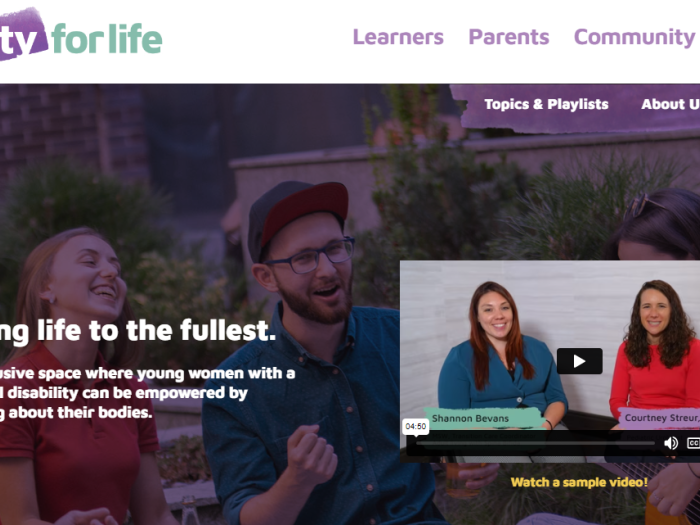
Department News
New website to help adolescents with disabilities learn about reproductive health.
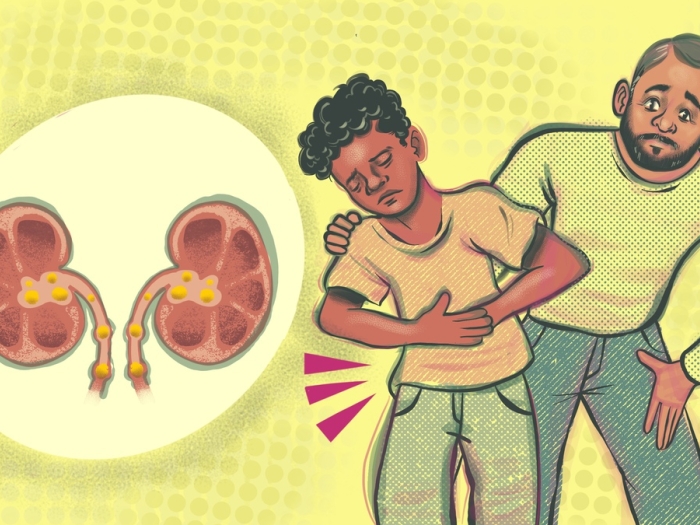
Health Lab
Cases of kidney stones in children are increasing, but parents can minimize the chances their kids develop them.

Health Lab
Recently approved by the Food and Drug Administration, Pluvicto is a radionuclide-labelled drug administered to patients showing promising results.

Health Lab
By studying first-year college students’ experiences and backgrounds, scientists may have discovered a way to go beyond genetics to predict which students might be more or less vulnerable to stress-related depression.

Health Lab
The Michigan Medicine finding suggest a need for more education and screening of older adults for cannabis-related risks.
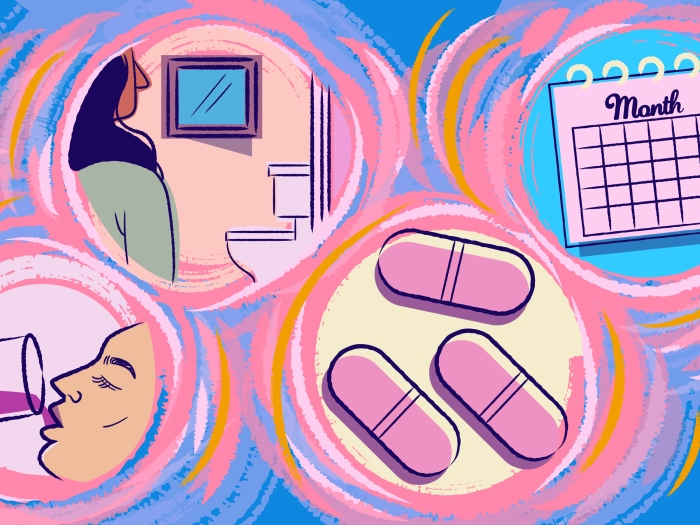
Health Lab
A Michigan Medicine urogynecologist discusses what urinary tract infections are, how they are treated and what new research is on the horizon.

Health Lab
For people with expensive prescription drugs, switching plans could save them thousands of dollars in copays. And a simple tool can help people easily compare out-of-pockets expenses for anyone with a Medicare Part D prescription plan.

Health Lab
Firearm purchases rose during the pandemic and a survey shows high rates of mental health issues and political extremism among those who bought guns during 2020 and 2021.

Health Lab
A free online tool could potentially save some prostate cancer patients more than $9,000 in out-of-pocket drug costs, a Michigan Medicine study finds.
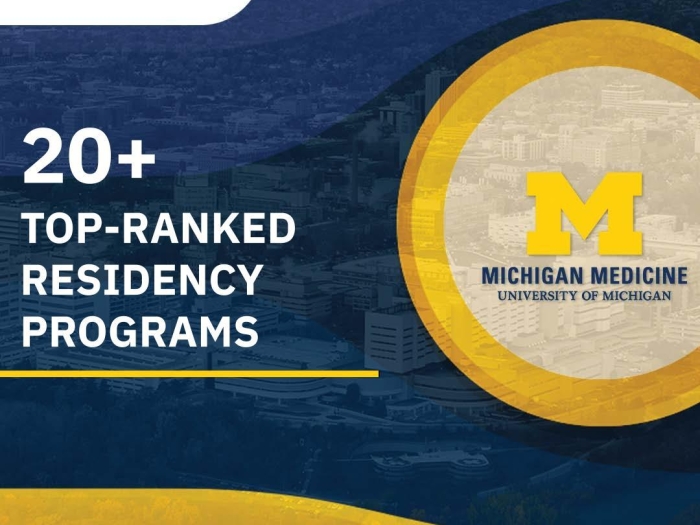
News Release
There are 13 U-M graduate medical education programs ranked in the top 10 by Doximity.

Health Lab
Tips and advice for translating health research findings into relevant, timely and compelling information
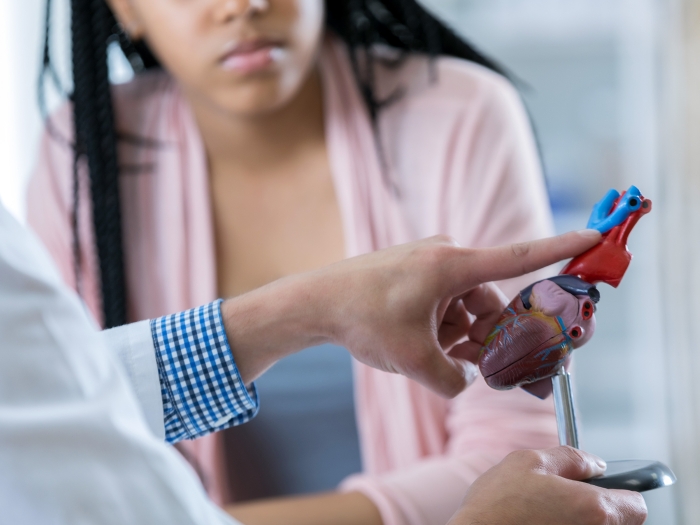
Health Lab
New research from U-M shows that adolescents, young adults with advanced heart disease want to take an active role in making medical care decisions alongside their doctors and caregivers. The study sheds light on the importance of including young patients in medical decision-making and the benefits it has on their psychological well-being.